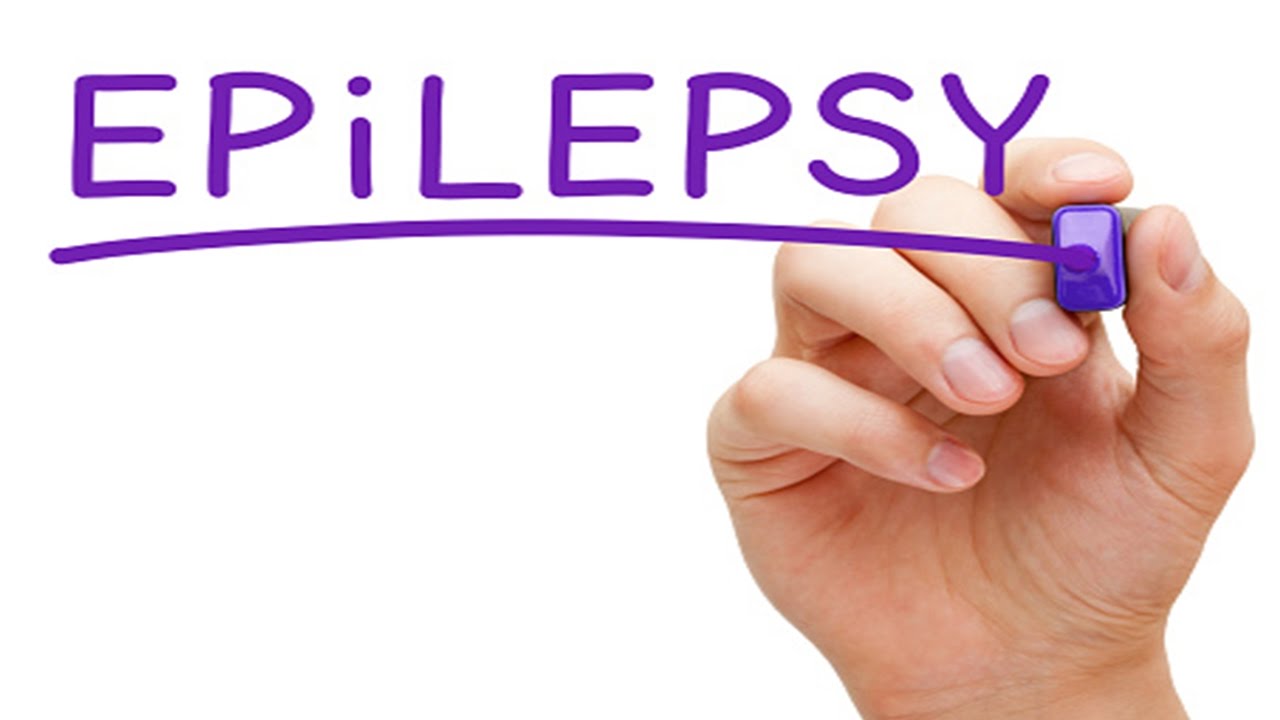International Epilepsy Day 2023: A call for continuous sensitisation
Epilepsy is a non-communicable condition that affects the brain. The condition causes recurrent seizures which are brisk episodes of involuntary movement that may involve a segment or whole part of the body accompanied by unconsciousness and loss of control of bowel or bladder function. The prevalence of epilepsy is particularly high in Latin America and […]

Epilepsy – symptoms, causes
Epilepsy is a non-communicable condition that affects the brain. The condition causes recurrent seizures which are brisk episodes of involuntary movement that may involve a segment or whole part of the body accompanied by unconsciousness and loss of control of bowel or bladder function.
The prevalence of epilepsy is particularly high in Latin America and in several African countries, notably Liberia, Nigeria, and the United Republic of Tanzania. Parasitic infections, particularly neurocysticercosis, are important etiological – causative factors for epilepsy in many of these countries.
The importance of epilepsy made the World Health Organisation (WHO) and partners christened the second Monday of February annually as “International Epilepsy Day”. This serves as an opportunity to raise awareness of epilepsy; what it is, how it can be treated, and what is needed to bring treatment to all people who need it. This declaration became paramount especially as 25 per cent of the recorded cases are potentially preventable.
The International Epilepsy Day 2023 (February 13) appears to have slipped through the cracks of health professionals, media outlets and other bodies usually taking the pain to sensitise the populace about disease and other medical conditions in the country. This could be the result of the Diphtheria outbreak and proliferation of notorious Lassa fever, meningitis and cholera.
Nonetheless, Epilepsy remains one of the most common non-communicable neurological diseases globally with written records dating back to 4000 BCE and fifty million people suffering from same worldwide according to the World Health Organisation (WHO). Of this number, 80 per cent live in low and middle-income countries probably attributable to endemic conditions like malaria, road traffic accidents, birth-related injuries, neurocysticercosis – pork tapeworm infection (A tapeworm infection that affects the brain, muscle and other tissues) and poor medical infrastructure.
A large number of patients (70 per cent) could live seizure-free if properly diagnosed and treated. Sadly, between 70 per cent and 75 per cent of people suffering from epilepsy in low income countries do not have access to the treatment required.
For centuries, fear, misunderstanding, discrimination and social stigma have trailed and are still trailing epilepsy. Therefore, an event like the ‘International Epilepsy Day’ should be used for sensitisation on preventive measures while authorities make effort to provide facilities and medications needed to control the condition since there has been no known cure.
Lawal Dahiru Mamman wrote from Abuja and can be reached via [email protected]
